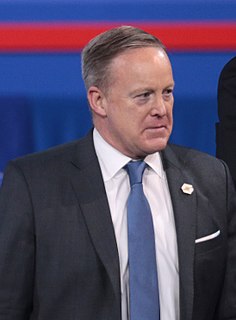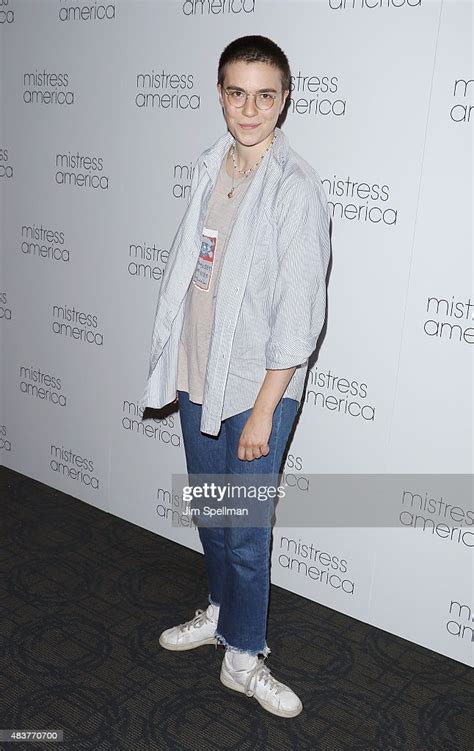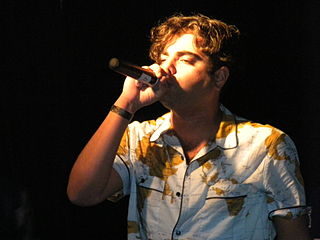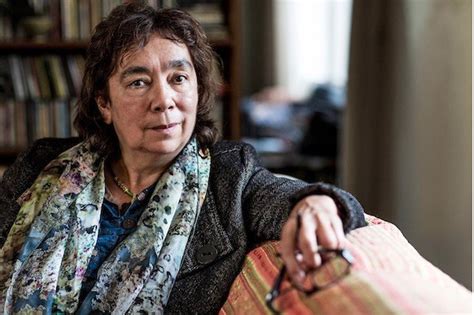A Quote by Sean Spicer
I think most people aren't really privy to how stories are developed and what stories are - make it to the front page or to the mainstream media, whether it's in print or in broadcast. And I think they'd be shocked and disappointed to see some of the bias that exists in some of the stories that don't get told - or the manner in which they are told.
Related Quotes
I see a huge, huge divide between the people who are facing the most barriers and violence and the kinds of stories being told in mainstream American politics. The issues that I think most about - how many people's lives are being affected by prisons and policing, how many people's lives are being affected by immigration enforcement and deportation - those stories aren't being touched, let alone told, in mainstream politics.
Each of us is comprised of stories, stories not only about ourselves but stories about ancestors we never knew and people we've never met. We have stories we love to tell and stories we have never told anyone. The extent to which others know us is determined by the stories we choose to share. We extend a deep trust to someone when we say, "I'm going to tell you something I've never told anyone." Sharing stories creates trust because through stories we come to a recognition of how much we have in common.
I think that's a really important role that people sometimes forget about, especially with all these newspaper shutting down and having trouble, where are all these stories going to go? I think you have something really great with all those stories waiting to be told, but I just don't know how it shapes up exactly. I don't think there are going to be a lot of newspaper reporters sitting around not writing.
Stories? We all spend our lives telling them, about this, about that, about people … But some? Some stories are so good we wish they’d never end. They’re so gripping that we’ll go without sleep just to see a little bit more. Some stories bring us laughter and sometimes they bring us tears … but isn’t that what a great story does? Makes you feel? Stories that are so powerful … they really are with us forever.
Humans are kind of story-propagating creatures. If you think of how we spend our days, think of all the time you spend on entertainment. How much of your entertainment centers around stories? Most pieces of music tell stories. Even hanging out with your friends, you talk, you tell stories to each other. They're all stories. We live in stories.


































